Temporary Fence Rentals in Chicago: What to Know About Types, Specs, and City Regulations
Whether it’s a construction project, public event, or building renovation, temporary fencing is a vital part of maintaining safety and security. In a city like Chicago, with its mix of dense urban areas and open job sites, understanding the technical aspects and legal requirements of fence rental is essential.
Common Types of Temporary Fences
1. Chain-Link Fence Panels
These are the most widely used temporary barriers in Chicago. They’re made from galvanized steel mesh panels, typically 6 to 8 feet tall. The panels are connected using couplers and supported by stands or concrete blocks. For added privacy or dust control, contractors often use polyethylene mesh windscreens offering around 85–90% opacity.
2. Solid or Hoarding Fences
Ideal for long-term construction or demolition sites, these are built from plywood or composite sheets attached to steel frames. Chicago’s building codes often require solid fencing around active sites within pedestrian areas, with a minimum height of 8 feet. These fences not only enhance privacy but also reduce noise and debris spread.
3. Crowd Control Barriers
Used for public gatherings, festivals, and marathons, these modular metal barriers are lightweight and quick to assemble. They can be interlocked for stability and reinforced with ballast for windy conditions, ensuring public safety without obstructing visibility.
4. Plastic Safety Fencing
A cost-effective choice for marking off restricted or low-risk zones such as landscaping or maintenance areas. Made from high-density polyethylene, it’s portable but not intended for security use.
Technical Considerations
Temporary fences in Chicago must withstand strong winds, especially near open spaces and lakefront areas. For stability, installers use sandbags, concrete blocks, or driven posts depending on ground conditions. OSHA standards require barriers around excavations or construction hazards to be sturdy enough to prevent accidental entry.
Legal and Permit Requirements
Under Chicago’s Municipal Code, any fence or barricade erected in a public right-of-way—like sidewalks or streets—needs a Public Way Use Permit from the Department of Transportation. Construction fences must include:
- Clearly marked contractor information and emergency contact number
- Proper lighting if near pedestrian or traffic areas
- Gates that open inward and never obstruct public movement
Unauthorized fences may lead to penalties or removal by city authorities. Always verify the site plan with local building inspectors before installation.
Temporary fence rental services in Chicago make compliance easier by providing professional setup, secure anchoring, and guidance on permit procedures—ensuring your site stays both lawful and protected.
Tags:
temporary fence rental, chain link fence rental
